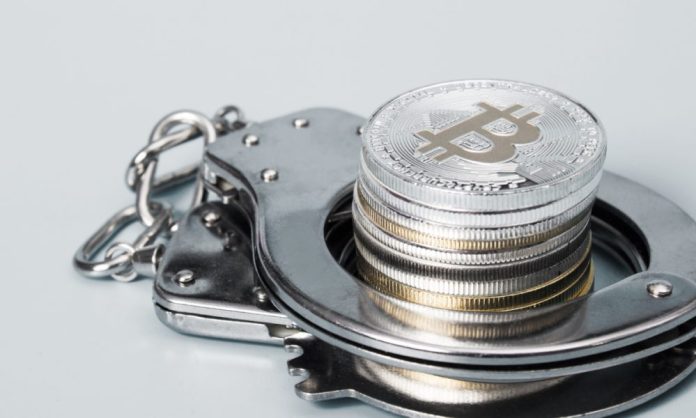A cryptocurrency trader has been charged with fraud related to the Mango markets exchange.
Avraham Eisenberg was arrested in Puerto Rico and charged by the US Attorney’s Office in Manhattan with fraud and commodity manipulation, Bloomberg reported Tuesday (December 27).
The complaint alleges that Eisenberg manipulated the price of Mango’s perpetual swaps by using two Mango accounts he controlled, driving the swap price up 1,300% in 20 minutes before using their swaps to borrow and Withdraw $110 million worth of cryptocurrency from the exchange. , according to the report.
“Due to Eisenberg’s withdrawals, other investors with deposits at Mango Markets lost much or all of those deposits,” the complaint states.
The technique used to manipulate the price on Mango was also used by others to take $34 million from Harvest Finance in 2020, $182 million from Beanstalk in April and $9 million from Moola Market in October, according to the report.
as PYMTS reported at the time of the Mango Markets event, the exploit was first brought to light by the blockchain auditing firm OtterSec in a twitter to post on October 11 and was confirmed on the social networking site by Mango, who tweeted that the “parties have expressed their willingness to communicate.”
Mango said on Twitter on October 12 that their priorities included preventing further losses, ensuring Mango depositors are complete, and trying to “save some value in Mango DAO and the protocol to rebuild from here.”
Robert Chen of OtterSec saying CoinDesk at the time that in the fraud: “It’s like a lend-and-lending race: If you have overvalued collateral, you can borrow against that collateral, and that’s what they did.”
At the time of the Mango Markets incident, CoinDesk reported which ex-FBI agent Chris Tarbell said was “more of a market manipulation” instead of a gimmick.
Tarbell said at the time that since there was no centralized entity in place, the opportunity was ripe to seize it. He added that the cryptocurrency industry needs to “clean itself up” and that regulators are likely to step in even if cryptocurrencies don’t want regulators to, according to the report.
For all of PYMNTS’ cryptocurrency coverage, subscribe to the diary Crypto Newsletter.
PYMNTS Facts: Why Consumers Are Testing Digital Wallets
A PYMNTS study, “New Payment Options: Why Consumers Are Trying Digital Wallets” finds that 52% of US consumers tried a new payment method in 2022, with many choosing to try digital wallets for the first time.







